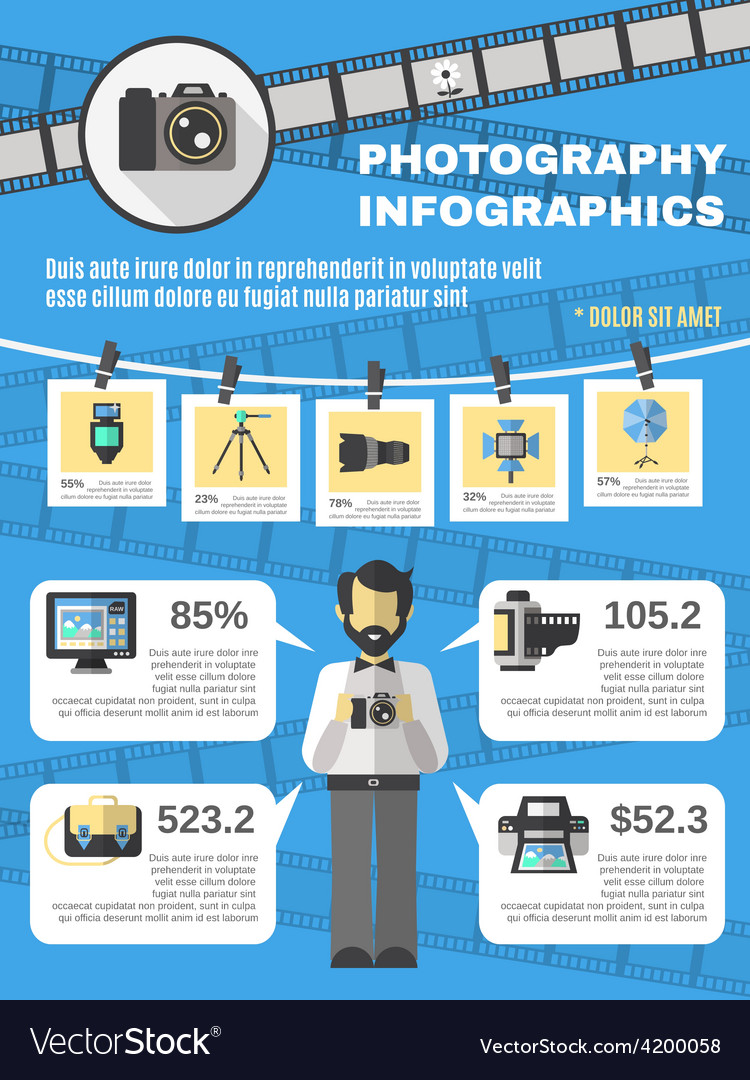Photography Tips For Beginners: Mastering Your Cam In A Snap
Photography Tips For Beginners: Mastering Your Cam In A Snap
Blog Article
Authored By- professional linkedin photographer
When you initially pick up your video camera, it can really feel overwhelming with all the setups and choices readily available. You may find yourself asking yourself just how to browse aperture, shutter rate, and ISO properly. Grasping these fundamentals is important, but there's more to photography than simply technical knowledge. Understanding composition methods and illumination problems can boost your pictures dramatically. So, what if you could learn basic strategies to improve your skills and begin catching excellent images quicker than you think? Let's check out just how to transform your digital photography trip.
Comprehending Video Camera Setups
Comprehending your video camera setups is essential for capturing sensational photos. When you get your camera, familiarize yourself with the 3 major settings: aperture, shutter speed, and ISO. Each plays a vital function in just how your images end up.
Beginning with aperture, which regulates the quantity of light getting in the lens. A wider aperture (lower f-number) allows a lot more light and produces a beautiful background blur, excellent for portraits. On the other hand, a narrower aperture (greater f-number) maintains more of the scene in emphasis, suitable for landscapes.
Next off, concentrate on https://www.liveinternet.ru/users/pihl_duckworth/post509041093 . This setting determines how long your camera's sensor is subjected to light. A fast shutter rate freezes movement, which is great for action shots, while a sluggish shutter speed can develop sensational impacts like smooth water in landscapes.
Last but not least, change your ISO. This setting influences your electronic camera's sensitivity to light. A greater ISO serves in low-light situations yet can present noise or grain. Aim for the lowest ISO possible while still accomplishing appropriate exposure.
Make-up Methods
When you're out capturing, make-up can make all the distinction in how your images reverberate with visitors. Start by utilizing the rule of thirds; imagine your framework separated into 9 equal sections with 2 straight and 2 upright lines. Position key elements along these lines or at their intersections to produce balance and interest.
Next off, think about leading lines. These natural lines in your scene, like roads or rivers, attract the audience's eye right into the photograph, directing them via the story you're informing.
Do not forget about framing; use aspects within your scene, like trees or home windows, to produce a frame around your topic, including deepness and emphasis.
Also, watch on your background. https://www.techadvisor.co.uk/how-to/photo-video/take-perfect-food-photos-3780609/ can sidetrack from your major subject, while a basic one helps it attract attention.
Lastly, trying out balance and patterns; they can produce a striking image that records attention.
Learning Illumination Conditions
Mastering illumination conditions is crucial for catching magnificent photographs, as the best light can change an average scene into something extraordinary.
Begin by observing all-natural light at different times of the day. Early mornings and late afternoons supply the most effective light, referred to as the gold hour. The soft, warm tones throughout these times can improve your images beautifully.
Do not avoid cloudy days either; diffused light can lessen extreme darkness and develop a pleasing result, specifically for portraits.
Try out backlighting by placing your subject against the source of light. This strategy can produce a dreamy halo effect and add deepness to your pictures.
Pay attention to your video camera setups too. Readjust the ISO, aperture, and shutter rate to match the illumination problems. A higher ISO can assist in low light, however beware of grain.
Make use of a tripod in darker environments to avoid blur.
Lastly, do not neglect synthetic illumination. Flash and constant lights can be fantastic tools for controlling light in difficult problems.
Conclusion
To conclude, mastering your camera doesn't need to be overwhelming. By understanding your settings, applying composition techniques, and taking advantage of the power of natural light, you'll rapidly raise your photography skills. Remember, practice makes perfect, so venture out there and trying out your newfound expertise. With time and dedication, you'll be catching stunning images that show your unique perspective. Enjoy the trip, and don't forget to enjoy while you're at it!
